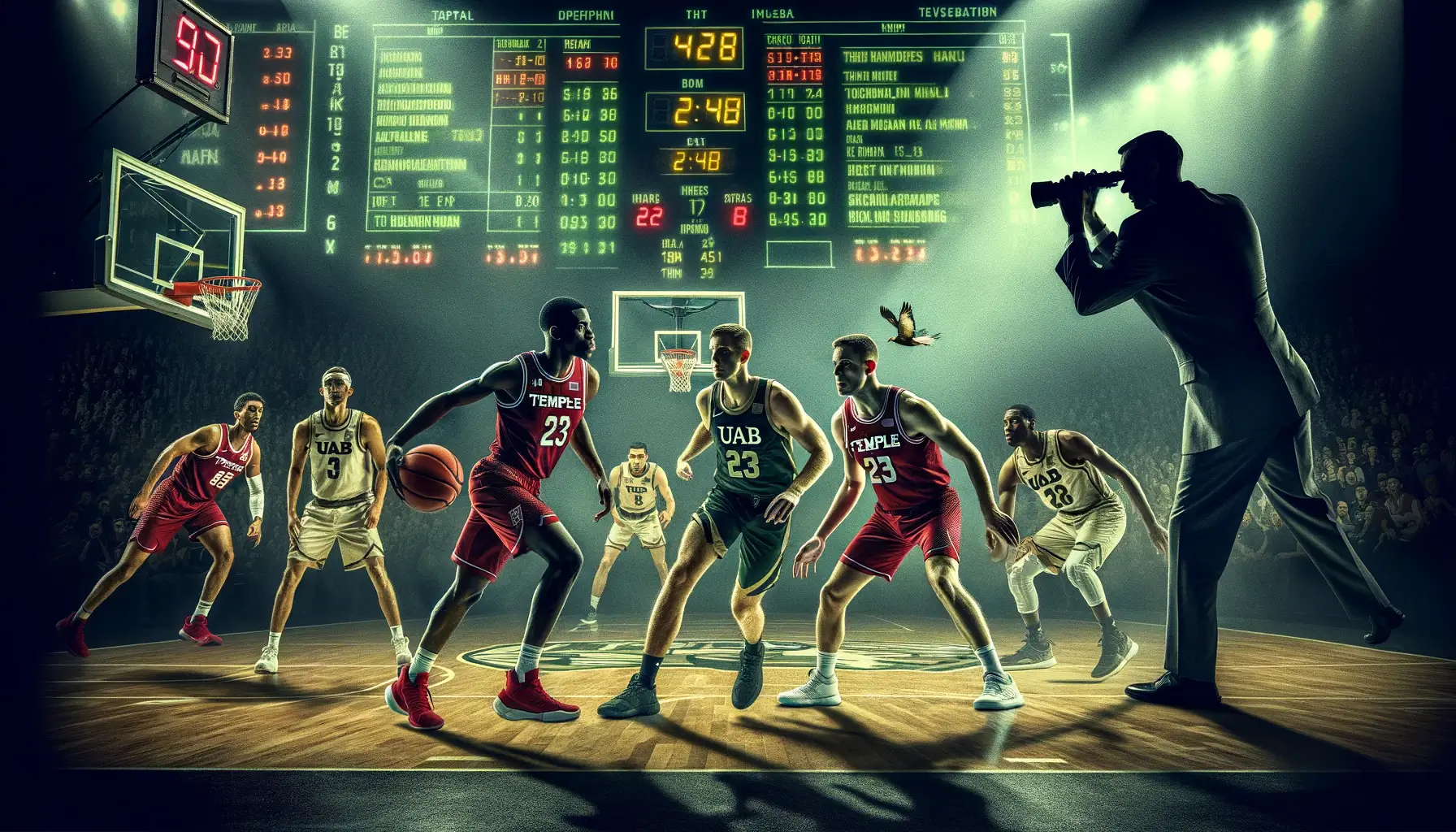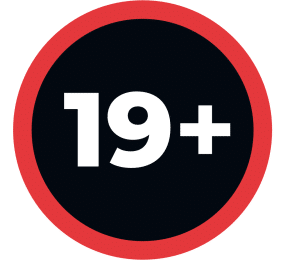Temple University is actively investigating unusual betting activity linked to a recent Division 1 men’s basketball game against the University of Alabama-Birmingham (UAB). Reports emerged after a significant spike in betting odds favored UAB in the hours leading up to the game on Thursday.
In a Friday statement, the university acknowledged being aware of media reports concerning the game held on March 7 at Philadelphia’s Liacouras Center. “We are conducting a thorough review in line with university and NCAA policies,” the statement read, emphasizing the seriousness with which the university is treating the allegations.

According to SportsGrid correspondent Dave Connelly, UAB was initially a 2.5-point favorite, but the spread dramatically widened to 8 points just two hours before the game, a shift Connelly described as extremely rare late in the season without significant news or injuries. UAB ultimately secured a 100-72 victory, outrebounding Temple by 22, marking Temple’s poorest rebounding effort since 2019.
UAB, with a record now at 19-11, declined to comment on the situation. Meanwhile, Temple stands at 11-19 following the game.
U.S. Integrity, a group monitoring gambling activities, flagged the match to casinos as suspicious, reported Sports Illustrated’s Pat Forde, referencing a statement from an American Athletic Conference spokesperson. The conference, however, did not offer further details beyond acknowledging Temple University’s statement.
The incident has drawn attention amid a broader discussion about the impact of legalized online sports betting on college sports. A 2023 NCAA survey revealed a growing concern among Division 1 administrators about gambling, noting an increase in gambling-related issues over the past year and heightened apprehension about its effects on sports integrity and athlete well-being.
The NCAA, maintaining confidentiality, refrained from commenting on any ongoing or potential investigations but reaffirmed its commitment to safeguarding competition integrity and student-athlete welfare against the challenges posed by sports betting.
This investigation comes against the backdrop of a historical absence of major gambling scandals in NCAA men’s basketball since the late 1970s incident involving Boston College. The recent proliferation of online betting, however, has reignited concerns over potential vulnerabilities within college sports to gambling influences.





